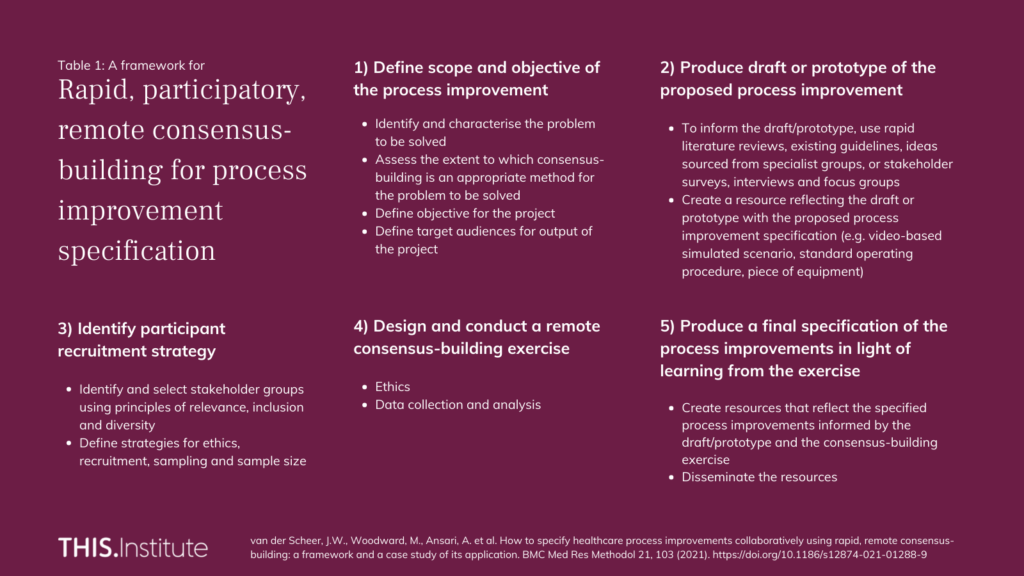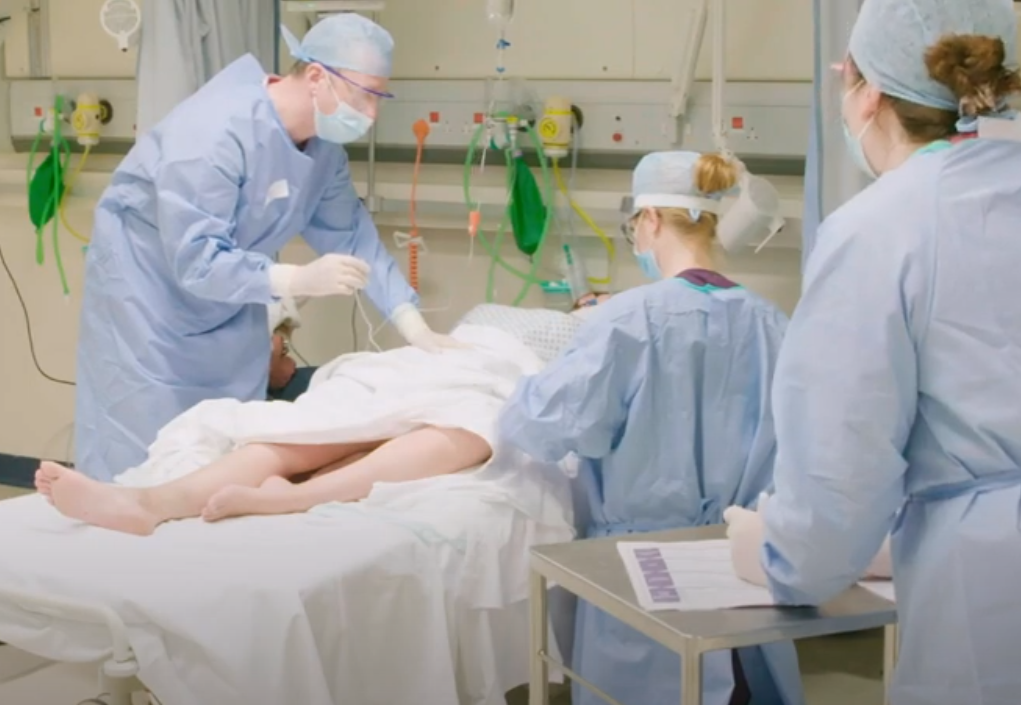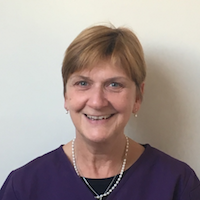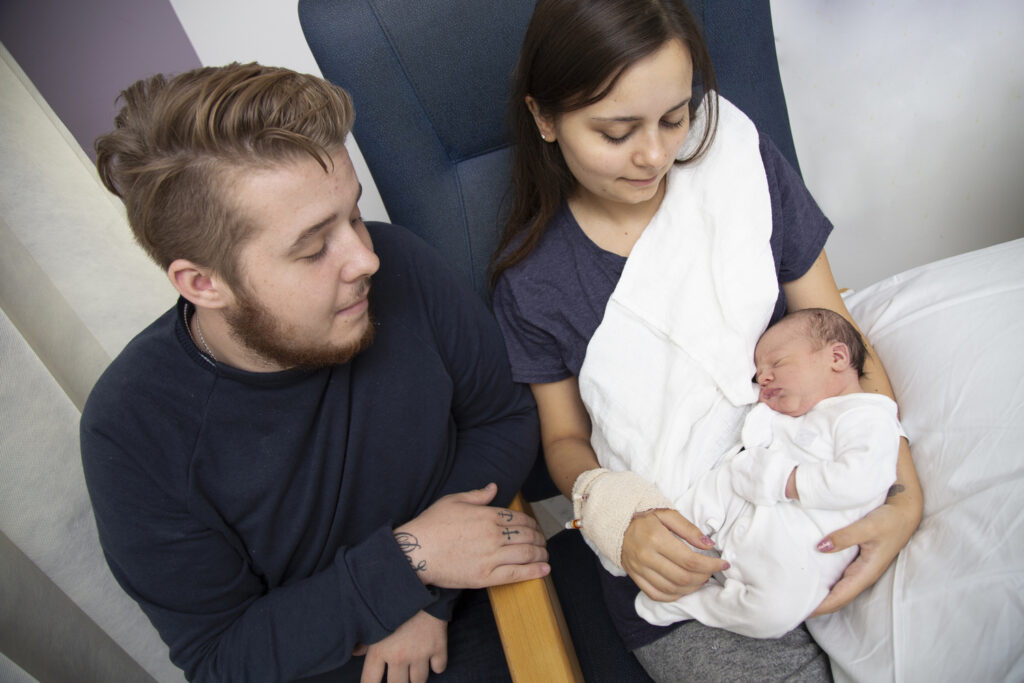How to specify healthcare process improvements collaboratively using rapid, remote consensus-building



A five-step framework
This paper features a five-step framework to help develop process improvements – the changes needed to make a healthcare process better. Grounded in a participatory ethos, principles of crowd-sourcing, and consensus-building methods, the five steps are:
- Define scope and objective of the process improvement
- Produce a draft or prototype of the proposed process improvement
- Identify participant recruitment strategy
- Design and conduct a remote consensus-building exercise
- Produce a final specification of the process improvements in light of learning from the exercise
A case study to illustrate the framework
We applied the five steps of the framework to a case study to adapt clinical processes for managing obstetric emergencies for COVID scenarios. Over 100 participants working in maternity care, infection prevention and control, or human factors took part in a fast-paced project. They started by making recommendations for improving processes they saw illustrated in a short video. Following consensus-building, 16 recommendations for improvement emerged on which there was high agreement. These recommendations were used to inform the specification of process improvements for managing the obstetric emergency and to develop supporting resources, including an updated video and infographic resources.
This framework supports building processes rapidly and at scale in a highly participatory way. It mobilises the ingenuity and knowledge of participants, enabling inclusion of diverse forms of expertise that might not be available in any one unit. It is rich in potential for use beyond this particular example. We are excited about the possibilities this framework raises:
- to produce agreements about process improvements that might otherwise remain elusive
- to rapidly mobilise the expertise and ingenuity of people – patients, staff and other stakeholders – who use or work in healthcare systems
- to avoid waste and destandardisation associated with each unit trying to come up with a solution themselves
- to help improve many varied clinical tools, pathways and guidance.
We will continue to test the framework in future projects, so that we can further refine for what kinds of applications it works best for and where its limits lie.
Framework for rapid, participatory, remote consensus-building for process improvement specification

With thanks to
Authorship Group with participants: Amanda Andrews, Rita Arya, Sarah F. Bell, Denise Chaffer, Andrew Cooney, Rachel Corry, Mair G.P. Davies, Lisa Duffy, Caroline Everden, Theresa Fitzpatrick, Courtney Grant, Mark Hellaby, Tracey A. Herlihey, Sue Hignett, Sarah Hookes, Fran R. Ives, Gyuchan T. Jun, Owen J. Marsh, Tanya R. Matthews, Celine McKeown, Alexandra Merriman, Giulia Miles, Susan Millward, Neil Muchatata, David Newton, Valerie G. Noble, Pamela Page, Vincent Pargade, Sharon P. Pickering, Laura Pickup, Dale Richards, Cerys Scarr, Jyoti Sidhu, James Stevenson, Ben Tipney, Stephen Tipper, Jo Wailling, Susan P. Whalley-Lloyd, Christian Wilhelm, & Juliet J. Wood.
This project is supported by the PROMPT Maternity Foundation, the Royal College of Obstetricians and Gynaecologists, the Royal College of Midwives, the Obstetric Anaesthetists’ Association, Each Baby Counts, and the Infection Prevention Society.
Related content










